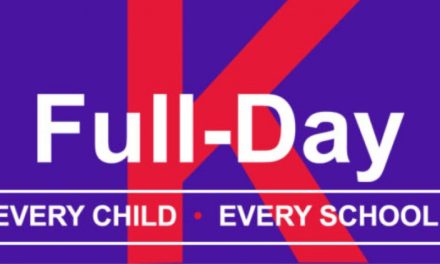Below, we publish the Manchester School District’s press release regarding the scores earned by its students on the Smarter Balanced Assessment as received yesterday at 4:12 PM, less than three hours before the school board held a special meeting on the topic. ~Publis
Scores set new baseline for students’ academic progress
Manchester School District has released the results of the 2014-15 Smarter Balanced assessment. Students in schools citywide took the assessment for the first time last spring. Superintendent of Schools Debra Livingston will present the scores to the Board of School Committee tonight.
New Hampshire is part of the Smarter Balanced Assessment Consortium (SBAC), a group of states which worked together to develop a new tool to assess English language arts/literacy and mathematics. The Smarter Balanced assessment replaces the New England Common Assessment Program (NECAP) in the same subject areas. Students in grades 3-8 and grade 11 took the SBAC assessment, which establish a new baseline for academic progress.
“Assessments are like academic check-ups,” said Dr. Debra Livingston. “Smarter Balanced results provide a picture of where a student is excelling and where a student needs some extra help. Over time, a student’s success and progress can be measured.”
SBAC scores are provided in levels:
- Level 4 = thorough understanding
- Level 3 = adequate understanding
- Level 2 = partial understanding
- Level 1 = minimal understanding
Students scoring at an achievement level of 3 or 4 have met the standard of the grade level in the subject or skill. While scores of level 1 or level 2 indicate a need for further development of skills in a subject, they do not mean a student did not improve or learned less. The Smarter Balanced results also should not be compared to scores from previous assessments because SBAC measures different skills based on higher goals in college- and career-ready standards.
“New Hampshire has adopted different expectations to ensure students’ success,” said Dr. Livingston. “Assessment scores are just one tool that can inform teachers about how to adjust instruction and make sure their students meet the new standards. Teachers continue to use classroom assignments, daily observations, and grades to help evaluate overall academic achievement.”
Individual reports for students will include a breakdown of their performance in categories within each subject, along with comparisons to school, district and state averages. Parents can use the information to better understand where their child needs additional practice or to be further challenged. The results can help parents work with teachers to identify strategies that support student progress. Schools are currently working to print math and English language arts reports for each student who took the assessment.
Eighty-eight percent of Manchester students in grades 3-8 and grade 11 completed the Smarter Balanced assessment, compared to 95% statewide.
- Of 2,994 (92% participation) elementary students assessed…
o 30% achieved scores of level 3 or higher in math
o 34% reached level 3 or higher in English language arts
o The state percentages in those subjects are 48% and 58%, respectively
- Of 2,287 (77% participation) middle school students assessed…
o 23% achieved scores of level 3 or higher in math
o 28% reached level 3 or higher in English language arts
o The state percentages in those subjects are 47% and 59%, respectively
- Of 576 (48% participation) grade 11 high school students assessed…
o 28% achieved scores of level 3 or higher in math
o 54% reached level 3 or higher in English language arts
o The state percentages in those subjects are 37% and 60%, respectively



